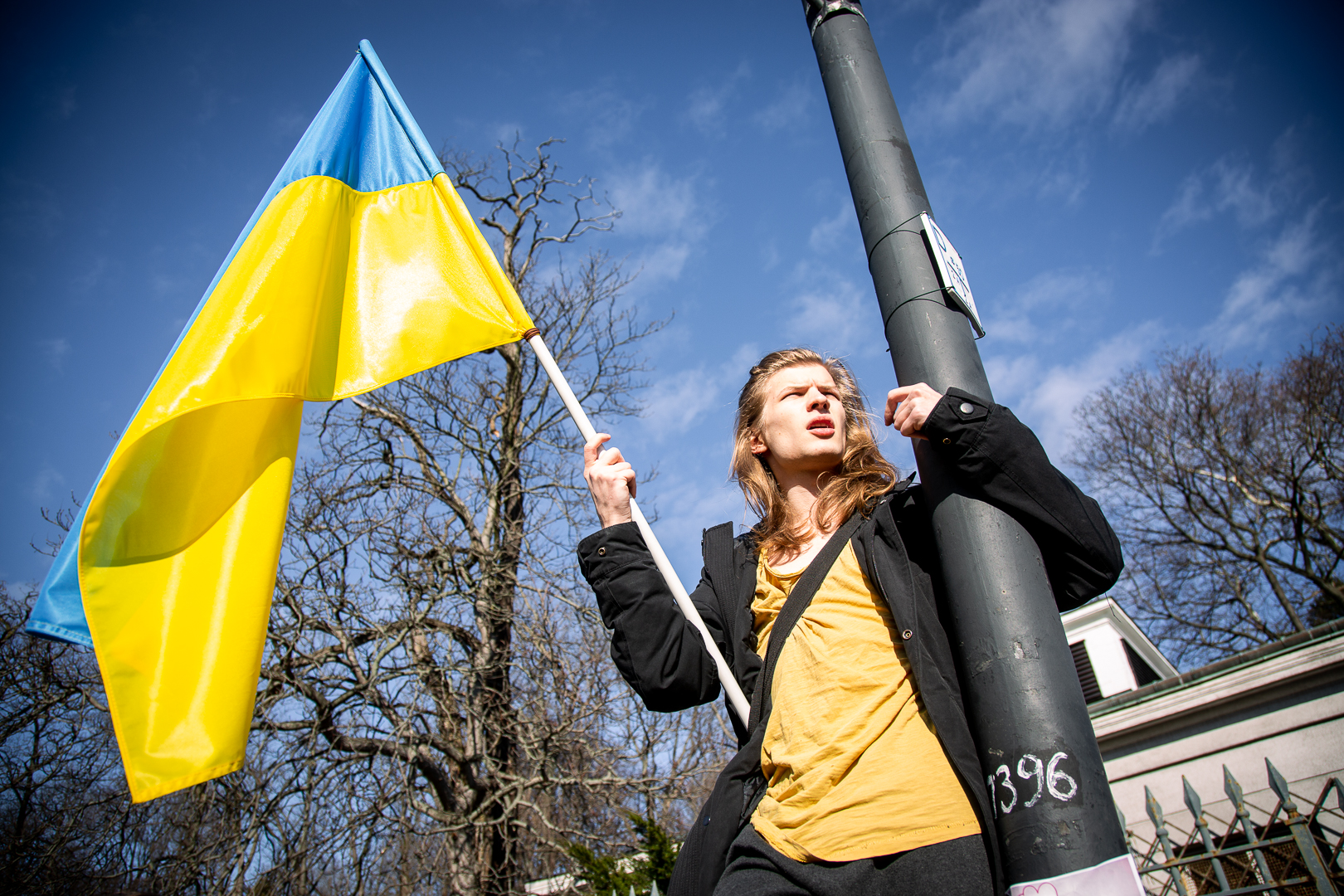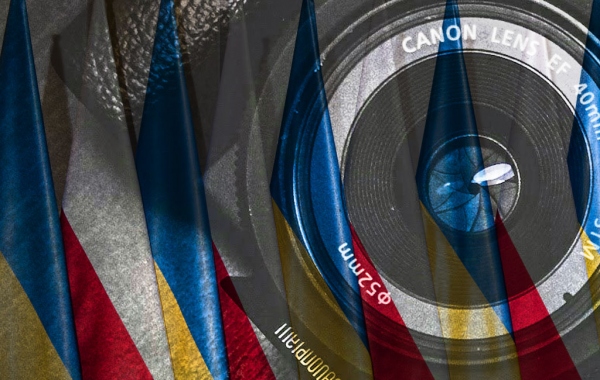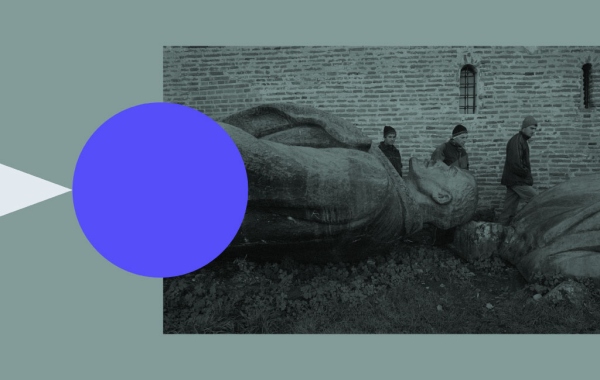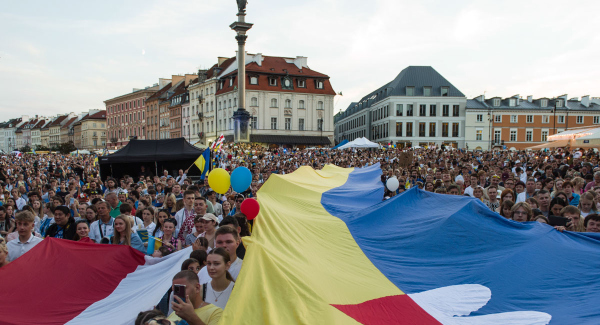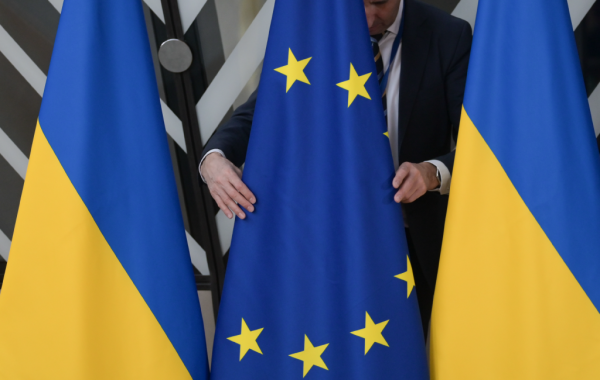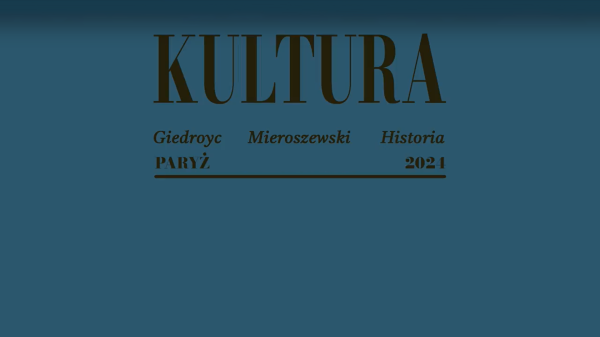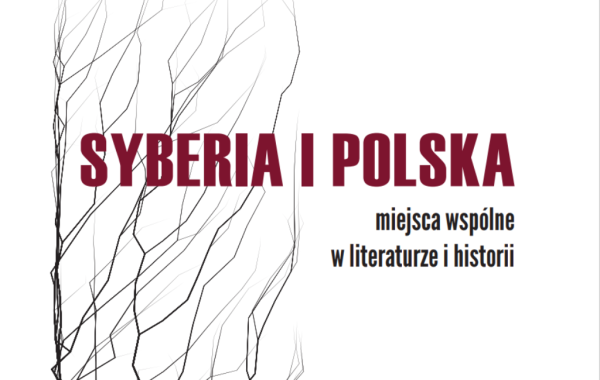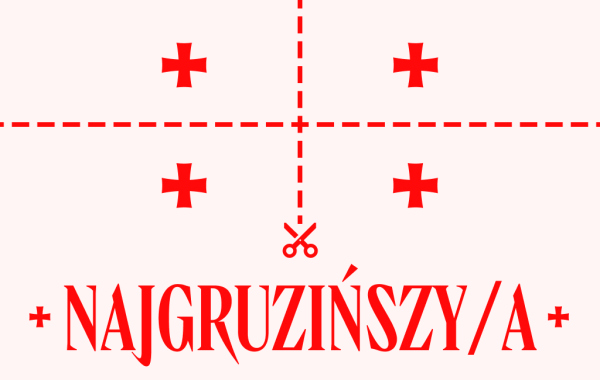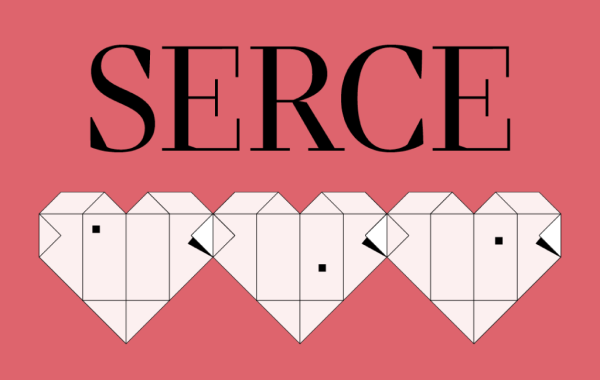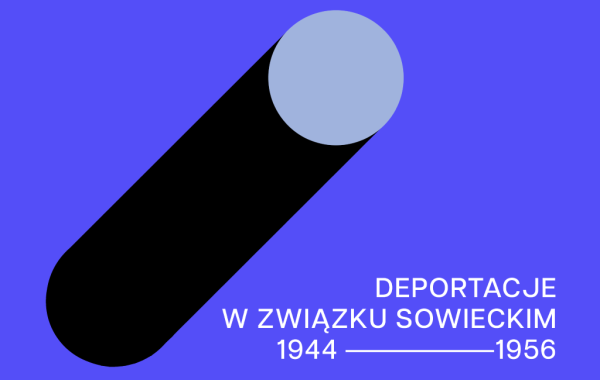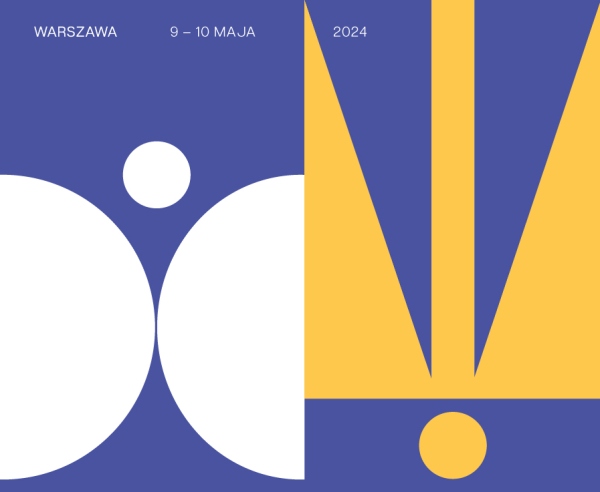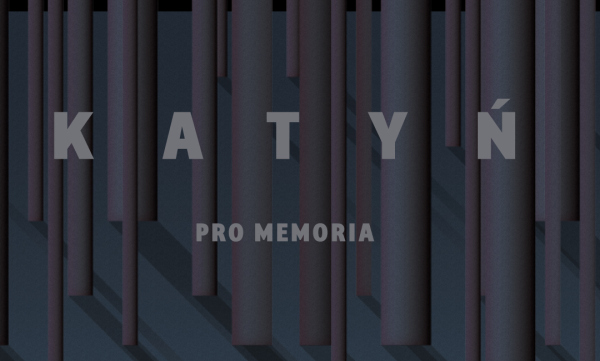Ukrainian Independence Day
24 August marks the anniversary of Ukrainian Independence Day, a public holiday for our eastern neighbours, established on the anniversary of the adoption of the Declaration of Independence of Ukraine by the Verkhovna Rada of the Ukrainian Soviet Socialist Republic on 24 August 1991. This document restored autonomy and sovereignty to the country. On 1 December 1991, an independence referendum was held, in which 84.18% of eligible citizens participated, of which as many as 90% voted in favour of their country's independence. Poland was the first country to recognise Ukrainian independence, as early as 2 December 1991.
On 24 February 2022, Ukraine's independence faced a serious threat when Russian military forces - without a declaration of war - entered the country.
That is why this year's Ukrainian Independence Day is particularly important. It is a reminder of the strength and spirit that persist in the Ukrainian people. The Mieroszewski Centre wishes you - our good Neighbours and Friends - determination in your struggle for freedom and independence. We wish you to feel unity and solidarity not only as a nation, but also as part of the international community.
The Mieroszewski Centre has been vocal about the crimes committed by the Russian Federation since the outbreak of full-scale war. For the past year and a half, it has been actively supporting Ukrainian citizens, and consistently building dialogue between the Polish and Ukrainian peoples.
We are a partner in the project "24.02.2022, 5.00 a.m. Witnesses of war", which aims to document what happened to the citizens and residents of Ukraine.
At the end of 2022, we published (in Ukrainian) the anthology 'War 2022: Diaries, Essays, Poems', a collection of texts by more than 40 male and female authors reporting on what affected the Ukrainian people. The anthology will also be published in Polish translation in autumn 2023.
In May 2023, at the European Parliament in Brussels, we organised the photographic exhibition 'The war in Ukraine through the eyes of children'. A series of 18 photographs realised from Odessa through Mariupol and Bucha to Lviv, presented the cruellest picture of the war, as war from the perspective of the innocent and youngest citizens of Ukraine.
The Mieroszewski Centre organised a scientific conference on 'War in Europe and the International Legal Order', looking at the Russian invasion as the responsibility of states and institutions for breaking the order. During three panel discussions, we analysed, for example, the lessons of international sanctions. In turn, during the conference 'Tandem of Poland and Ukraine', co-organised with the think-tank Ukrainian Prism, we discussed bilateral cooperation between Poland and Ukraine. We were also organisers of the debate 'Journalism in Times of War', describing the work of those who chose to fight with the pen.
The Centre was also co-editor of an issue of the historical journal "Mówią Wieki" - Poland-Ukraine. White Spots. In the pages of the magazine, we covered difficult topics in Polish-Ukrainian relations, including the Volhynian massacre.
The Mieroszewski Centre carried out the widely commented opinion polls "Poland and Poles through the eyes of Ukrainians", as well as "Polish culture through the eyes of Ukrainians".
Finally, we carried out two editions of REPOWER workshops aimed at Ukrainian women who want to find their way in the Polish labour market after emigrating. We listened to inspiring stories and established contacts with girls who want to become socially involved and who are not afraid to change the reality around them.
